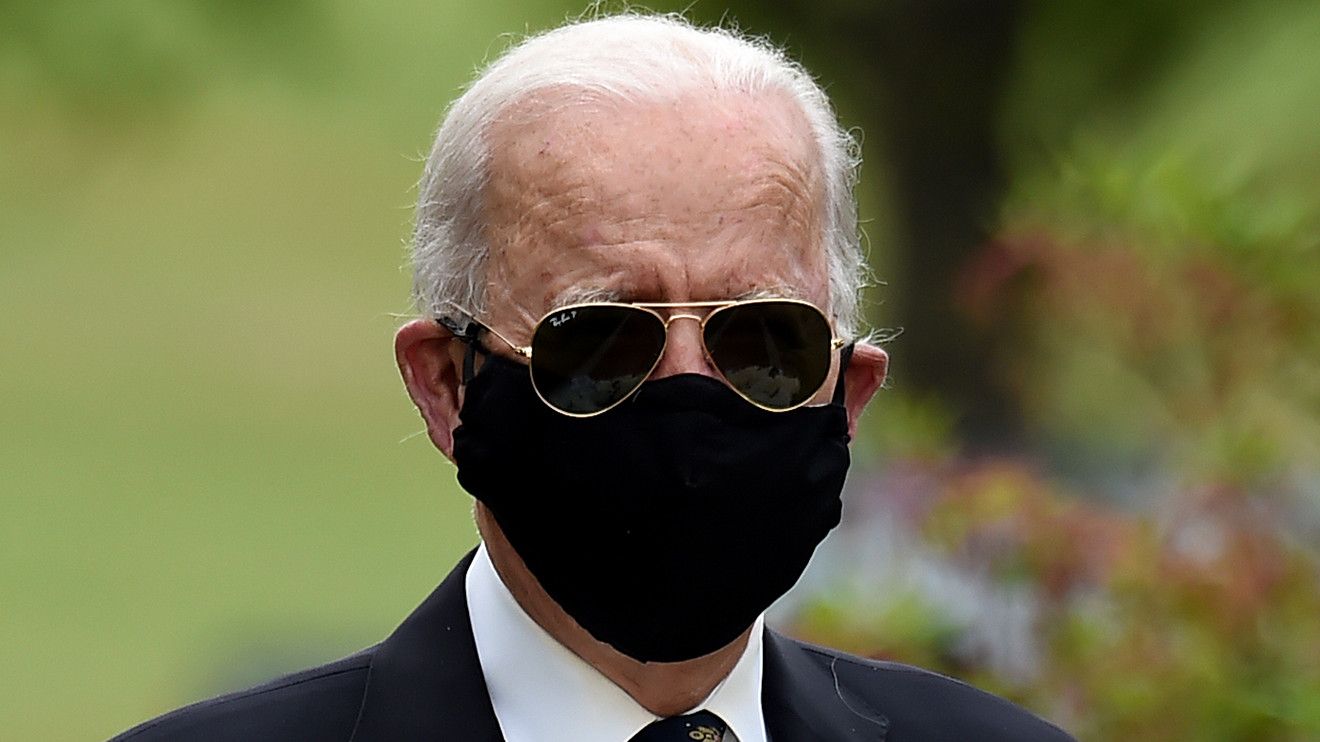DoD Agencies to Invest Over $1 Billion in Low-Earth Orbit Space Technologies
Article by Sandra Erwin May 30, 2021 (spacenews.com)
• According to budget documents released May 28th, of the $1.2 billion defense budget proposed by the Biden administration for fiscal year 2022, $936.7 million is earmarked for the Space Development Agency’s communications network in Low-Earth Orbit (LEO) known as the ‘Transport Layer’. The Missile Defense Agency is seeking about $292.8 million for space sensors, and the DARPA is requesting $42 million to deploy experimental satellites in LEO under the Blackjack program.
• These agencies report to the Office of the Secretary of Defense and are not part of Space Force, which has its own budget for research, development and procurement of new systems. But many of the LEO technologies developed by SDA, MDA and DARPA are expected to transition into larger Space Force programs.
• Of the $936.7 million for the Space Development Agency, $808.8 million goes for research, development, testing and evaluation (RDT&E), $53.8 million for operations and maintenance, and $74 million for procurement. This is a $600 million increase from 2021 and is the first time that SDA gets a separate funding line for procurement. With this budget, the SDA can move ahead with a demonstration of SDA’s first 28 satellites in the Transport Layer in 2022. This will be followed by the procurement of up to 150 Transport Layer satellites to launch in 2024.
• The $292.8 million for the Missile Defense Agency (MDA) includes funding to allow hypersonic and ballistic tracking space sensor payloads to be launched to a low orbit in fiscal year 2023 as well as ground systems. This data would be used to track the trajectory of a maneuvering hypersonic missile so it can be intercepted. Two existing missile-tracking satellites in LEO that were launched in 2009 will be taken out of service. The MDA is also requesting $32 million for the Spacebased Kill Assessment (SKA) project, which uses a network of infrared satellite sensors to assess the performance of MDA’s interceptors.
• DARPA (the Defense Advanced research Projects Agency) is requesting $42 million to continue the Blackjack project to demonstrate the military utility of small satellites in LEO to provide communications, missile warning and navigation. Since 2018, the agency has awarded contracts to multiple vendors for satellite buses, payloads and an autonomous computing system to operate the constellation. DARPA wants to deploy as many as 20 satellites to demonstrate that a common satellite bus (launch) can be flown with different payloads and that a constellation can be operated autonomously.
 WASHINGTON — The Biden administration’s defense budget proposal for fiscal year
WASHINGTON — The Biden administration’s defense budget proposal for fiscal year 2022 seeks more than $1.2 billion for military space systems in low-Earth orbit.
2022 seeks more than $1.2 billion for military space systems in low-Earth orbit.
According to budget documents released May 28, nearly $900 million of that investment is for the Space Development Agency’s communications network in low-Earth orbit (LEO) known as the Transport Layer. The Missile Defense Agency is seeking about $300 million for space sensors, and the Defense Advanced Research Projects Agency is requesting $42 million to deploy experimental satellites in LEO under the Blackjack program.
 These agencies report to the Office of the Secretary of Defense and are not part of the U.S. Space Force, which has its own budget for research, development and procurement of new systems. But many of the LEO technologies developed by SDA, MDA and DARPA are expected to transition into larger Space Force programs.
These agencies report to the Office of the Secretary of Defense and are not part of the U.S. Space Force, which has its own budget for research, development and procurement of new systems. But many of the LEO technologies developed by SDA, MDA and DARPA are expected to transition into larger Space Force programs.

Space Development Agency
The Pentagon is seeking $936.7 million in 2022 for the SDA, about a $600 million increase from 2021. That includes $808.8 million for research, development, testing and evaluation (RDT&E), $53.8 million for operations and maintenance, and $74 million for procurement.
This is the first time that SDA gets a separate funding line for procurement.
The agency’s large spending boost was expected for 2022 as SDA prepares to launch the first batch of its Transport Layer satellites and moves ahead with the procurement of up to 150 satellites that would launch in 2024.
The 2022 request funds the demonstration of SDA’s first 28 satellites — 20 Transport Layer Tranche 0 satellites and eight wide-field-of-view space sensors to detect and track ballistic and hypersonic missiles known as Tracking Layer Tranche 0.
FAIR USE NOTICE: This page contains copyrighted material the use of which has not been specifically authorized by the copyright owner. ExoNews.org distributes this material for the purpose of news reporting, educational research, comment and criticism, constituting Fair Use under 17 U.S.C § 107. Please contact the Editor at ExoNews with any copyright issue.








 The two recent events beg the question: do President Joe Biden and his senior advisers truly appreciate the gravity of the situation and the opportunities before us in the final frontier?
The two recent events beg the question: do President Joe Biden and his senior advisers truly appreciate the gravity of the situation and the opportunities before us in the final frontier?
 A new poll from Morning Consult finds that the public wants the government to focus its space research agenda on monitoring Earth’s climate, not human exploration of the Moon and Mars. Overall it ranked space research and exploration 25th in a list of 26 priorities for the Biden Administration. However, it also wants the United States to keep its competitive edge in space over countries like Russia and China.
A new poll from Morning Consult finds that the public wants the government to focus its space research agenda on monitoring Earth’s climate, not human exploration of the Moon and Mars. Overall it ranked space research and exploration 25th in a list of 26 priorities for the Biden Administration. However, it also wants the United States to keep its competitive edge in space over countries like Russia and China.